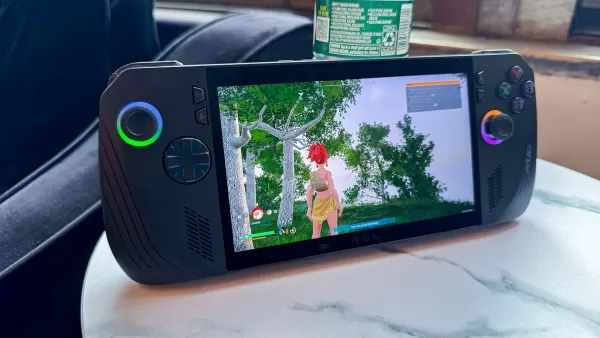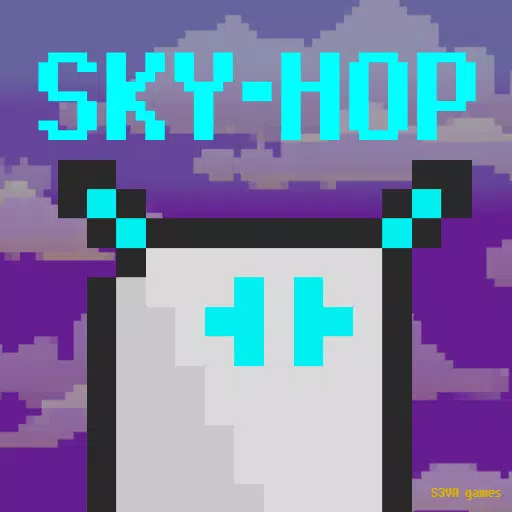The Screen Actors Guild - American Federation of Television and Radio Artists (SAG-AFTRA) has recently updated its members on the ongoing negotiations concerning AI protections for video game actors. While some progress has been made, SAG-AFTRA remains "frustratingly far apart" from the industry's bargaining group on several critical issues.
SAG-AFTRA has provided a detailed chart highlighting the discrepancies between their proposals and those of the bargaining group, which represents major AAA gaming companies. Key unresolved issues include:
- Protection from Digital Replica and Generative AI Use: SAG-AFTRA wants protections to apply to all past and future work, while the bargaining group limits this to work produced after the agreement's effective date.
- Definition of "Digital Replica": The guild proposes that any performance, whether vocal or movement, that is "readily identifiable or attributable to" a performer should be covered. The bargaining group suggests the term "objectively identifiable," which SAG-AFTRA believes could exclude many performances.
- Inclusion of Movement Performers: SAG-AFTRA seeks to include movement performers in the AI agreement, a point the bargaining group has yet to agree on.
- Terminology for AI-Created Performances: SAG-AFTRA prefers "real-time generation," while the bargaining group proposes "procedural generation," which the guild argues has a different meaning in gaming contexts.
- Disclosure of Voice Blending: The guild demands that employers disclose if an actor's voice will be blended with others to create a digital replica.
- Disclosure of Voice Use in Chatbots: SAG-AFTRA wants disclosure if an actor's voice will be used in real-time chatbots or solely in scripted game dialogue.
- Consent During Strikes: SAG-AFTRA's proposal allows for withdrawal of consent for digital replica use during strikes, while employers wish to continue using them, even on struck games.
- Duration of Consent for Real-Time Generation: The guild proposes a five-year limit, renewable, whereas the bargaining group seeks unlimited consent.
- Compensation for Digital Replica Use: There are multiple disagreements on minimum pay for digital replica creation and use, though tentative agreements on bonus pay have been reached.
- Bonus Rights for Employers: The bargaining group proposes a system similar to the SAG-AFTRA TV/Film agreement, which the guild finds too broad and potentially circumventing union rights.
- Tracking Digital Replica Use: SAG-AFTRA wants a system to monitor digital replica usage to ensure fair compensation, a proposal the bargaining group deems unfeasible.
- Definitions of "Synthetic" Performers: Specific definitions and regulations for AI-generated characters remain unresolved.
Despite these differences, tentative agreements have been made on issues like bonus pay, dispute resolution, some elements of minimum compensation, consent requirements, and certain disclosures. However, SAG-AFTRA's leadership, including national executive director and chief negotiator Duncan Crabtree-Ireland, has expressed concern that the bargaining group is misrepresenting the proximity to a deal, which the guild believes is still far off.
In a statement, Crabtree-Ireland warned members about the consequences of accepting roles during the strike, emphasizing the risk of undermining union efforts and personal exposure to AI misuse without protections.
Audrey Cooling, a spokesperson for the video game industry bargaining group, responded by highlighting their proposal, which includes over 15% wage increases, enhanced health and safety protections, and industry-leading terms for AI digital replicas, expressing eagerness to return to negotiations.
The SAG-AFTRA video game strike, now in its eighth month, was sparked by disagreements over AI provisions, despite agreements on 24 out of 25 other contract proposals. The strike's impact is becoming increasingly visible, with games like Destiny 2 and World of Warcraft showing unvoiced NPCs in voiced scenes. Riot Games faced a strike over League of Legends after attempting to circumvent the strike, and Activision recast characters in Call of Duty: Black Ops 6 due to player concerns about new voices. Most recently, two Zenless Zone Zero voice actors discovered their replacement through the game's latest patch notes.
















